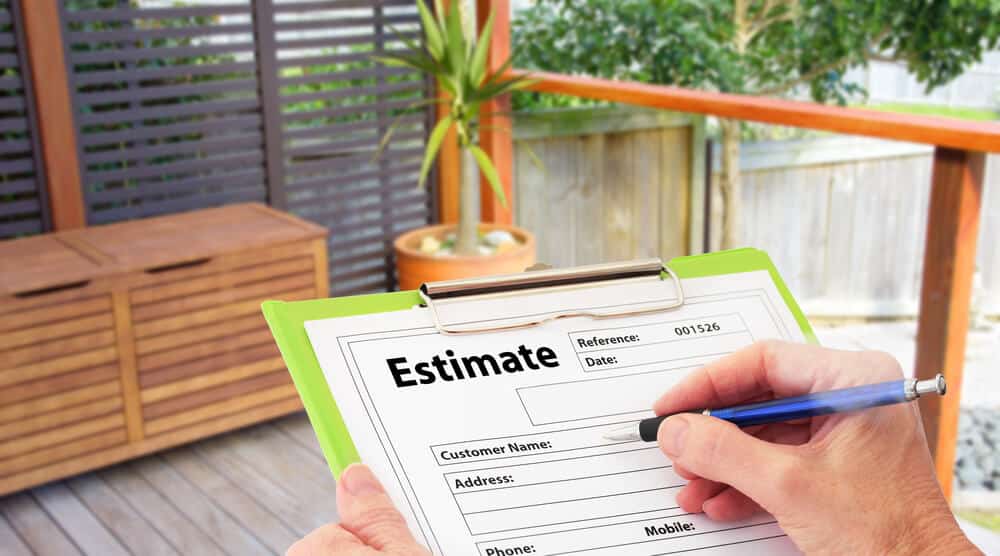
When it comes to roofing projects, choosing the right contractor is crucial for ensuring a high-quality job that meets your budget and timeline. One of the best ways to make an informed decision is by comparing roofing contractor estimates. However, understanding these estimates requires more than a quick glance at the total cost. By knowing what details to look for, you can evaluate each estimate accurately and ensure you’re getting the best value for your investment.
In this guide, we’ll walk you through the key factors to consider when comparing estimates, including pricing, materials, warranties, and more. With these tips, you’ll be well-equipped to confidently choose the roofing contractor that’s right for you.
Why Compare Roofing Contractor Estimates?
Roofing is a major investment, often costing thousands of dollars. Contractors provide different estimates for a variety of reasons, from differences in materials to labor costs and warranties. Comparing estimates not only helps you understand what each contractor offers but also ensures that you’re not overpaying or compromising on quality. Each estimate is more than just a price tag; it’s an insight into the contractor’s work, values, and approach to your roofing project.
What Should a Roofing Contractor Estimate Include?
1. Scope of Work
The scope of work outlines what the contractor will do, including any preparations, specific tasks, and cleanup. Look for detailed descriptions that specify:
- Material removal: Will they remove the old roofing material?
- New installations: What materials will be installed?
- Repairs: Will they fix underlying issues before laying down new materials?
Understanding the scope of work is essential because it clarifies the contractor’s responsibilities and what you can expect as a final result.
2. Material Costs
Material costs can vary significantly between roofing contractors. Some might suggest premium materials, while others may recommend budget options. Key materials to watch for include shingles, underlayment, flashing, and any waterproofing membranes.
- Shingles: Determine the type and brand; some shingles come with longer warranties and higher durability.
- Underlayment: This material affects your roof’s moisture protection, so make sure it’s high quality.
- Flashing: This metal layer around vents and chimneys should be durable enough to withstand local weather.
3. Labor Costs
Labor can often be one of the largest parts of the estimate. Look at how the contractor charges for labor and what’s included in the labor fees. Some contractors may factor in additional costs if there are potential complications, like working on steep roofs or removing multiple layers of old roofing. While lower labor costs might seem appealing, they can sometimes reflect a less experienced crew or rushed work.
Important Factors When Comparing Roofing Estimates
Warranty and Guarantees
Every roofing contractor should provide a warranty for both materials and workmanship. Material warranties are typically offered by the manufacturer and can range from 20 to 50 years. However, a workmanship warranty is provided by the contractor and can vary. Look closely at these warranties:
- Material warranty: Covers defects in the roofing materials.
- Workmanship warranty: Ensures that installation errors will be corrected by the contractor.
A longer workmanship warranty is generally a sign of a confident contractor who stands behind their work.
Payment Terms
It’s common for contractors to ask for a deposit before work begins, but beware of large upfront payments. Payment terms vary but typically require an initial deposit, followed by payments at different project stages and a final payment upon completion. Clear payment terms in an estimate are a sign of a professional contractor. Avoid any contractors who request full payment upfront, as this is often a red flag.
Additional Tips for Reviewing Roofing Contractor Estimates
Ask Questions and Clarify Details
Don’t hesitate to reach out and ask the contractor to clarify any details that seem unclear. For example, if you’re unsure why one estimate is much lower or higher than another, ask about the materials or labor methods. Good contractors are transparent and will be happy to walk you through their estimate.
Check for Hidden Fees
Sometimes, estimates may not include certain fees, like permits, disposal fees, or extra charges for unforeseen complications. These hidden fees can significantly increase the total cost. Make sure the estimate clearly states whether these fees are included or if you’ll need to budget extra for them.
Look for Local References
A reputable roofing contractor should be able to provide local references or examples of past work in your area. Talking to previous clients can provide valuable insights into the contractor’s reliability, work quality, and adherence to timelines and budgets.
Conclusion

In the end, an informed comparison will give you the confidence to select a contractor who meets both your quality standards and budget, making your roofing project as smooth and successful as possible. If you’re ready to start your project or have questions about an estimate, contact Advantage Construction today. We’re here to help you make the best decision for your roofing needs!
